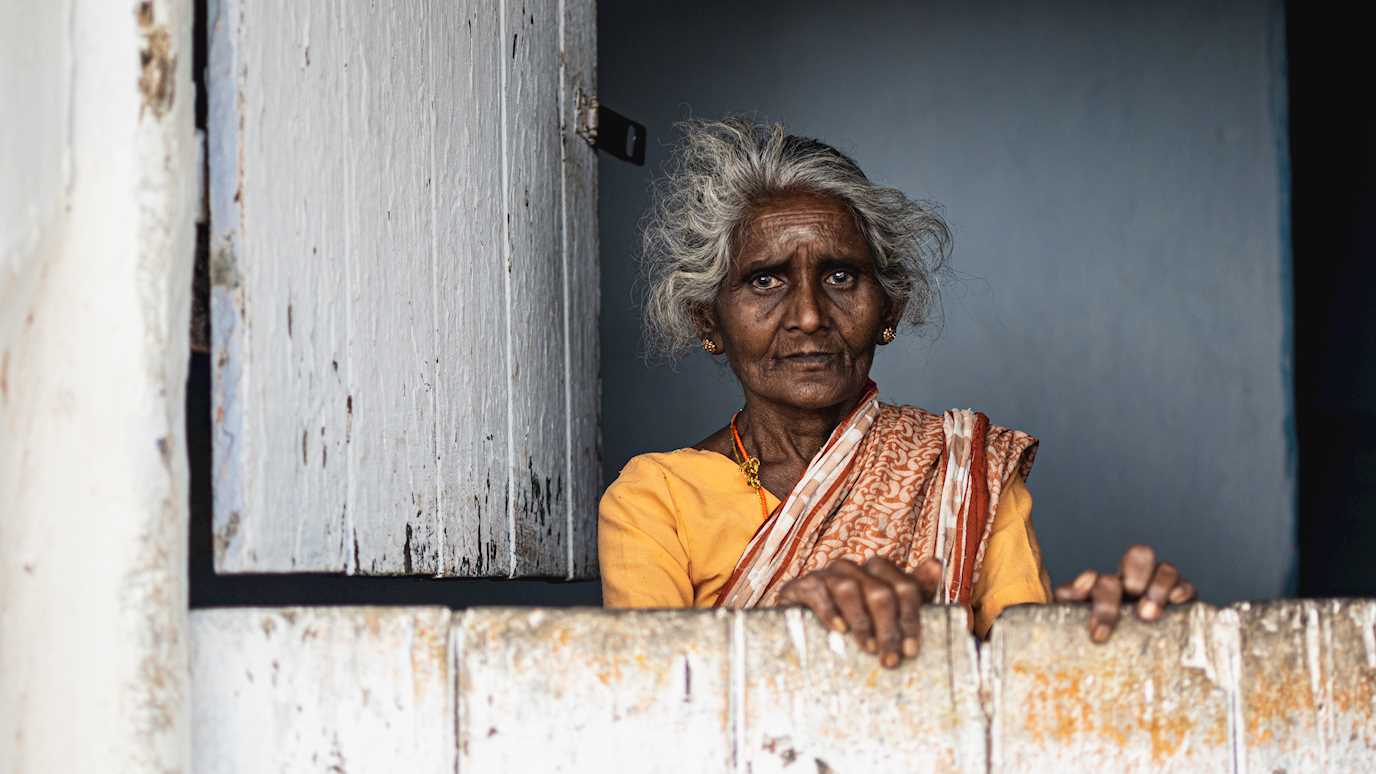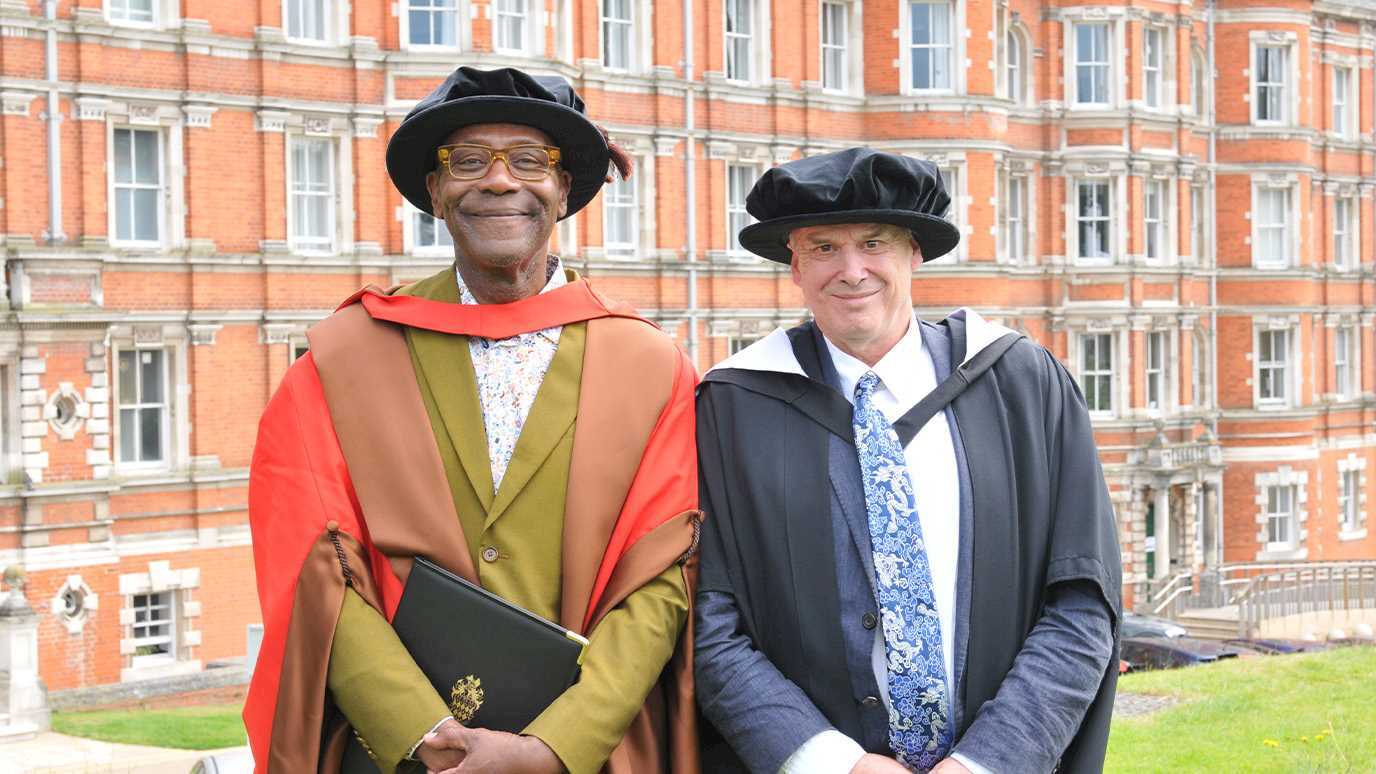Disaster Trade, a new report by academics from Royal Holloway, University of London, reveals how UK trade is worsening the impact of climate change and ‘natural disasters’ overseas.

Photo credit: Chamalka Srimal
Focussing on imports of three everyday commodities: clothes from Cambodia, tea from Sri Lanka and the bricks from South Asia; Disaster Trade shows that the UK’s carbon footprint is increasingly international, with almost half of its emissions now imported from abroad. Yet this is only a part of the UK’s hidden environmental impact.
The report, led by Dr Laurie Parsons from the Department of Geography at Royal Holloway with a team of international researchers examined the true carbon, human and environmental costs of three key UK supply chains. It shows how ‘natural disasters’, such as floods, droughts and landslides – a growing risk for millions of people in the global South – are increasingly connected to processes originating in the UK.
The UK is effectively outsourcing its dirty industry to the global South, not only hiding carbon emissions in this process, but also intensifying the impacts of natural hazards linked to climate change.
Dr Laurie Parsons, Principal Investigator of the Disaster Trade report and Lecturer in Human Geography at Royal Holloway, said: “The term ‘natural disaster’ is still widely used to refer to events such as droughts, floods and landslides. Yet as is increasingly recognised, this is a misleading term, suggesting that disasters are the result only of ‘natural’ processes dislocated from the global economy. Not only are global processes of carbon emission driving such events with increasing regularity, but local economic processes articulate their manifestation in practice.
“Disaster Trade shows us there is a need for ethical trading practices to take into account the ways in which trading practices enhance the risk of climate change. The report shows climate change impacts, including the slow burn disasters of droughts and floods, are effectively being traded out by wealthier countries and imported by less wealthy ones as the price of economic growth.
“What is necessary is a new conception, one that recognises disasters not as autonomously emergent or globally induced, but as rooted in specific process of industry, trade and consumption: a disaster footprint for British trade.”
The Disaster Trade Global report launch and private view of an outdoor and indoor photo and film exhibition from the report will be held at the St Martin in the Fields, Trafalgar Square, London WC2N 4JJ on Wednesday 13 October 2021, 6.30pm. Find out more here.
Timed to accompany the COP 26 conference, the photo and film exhibition will be open to the public at St Martin in the Fields from 13 October – 13 November 2021.
























